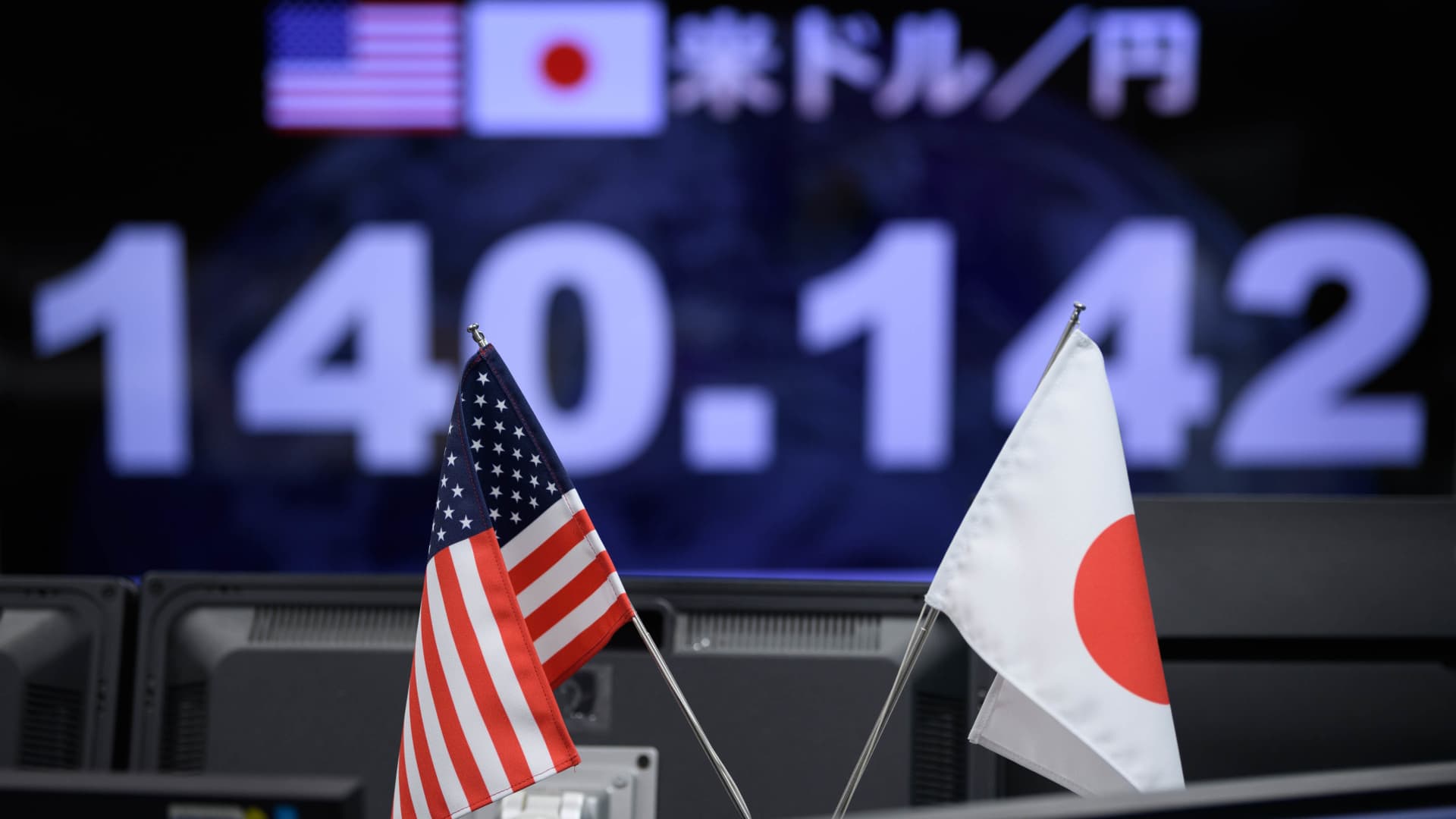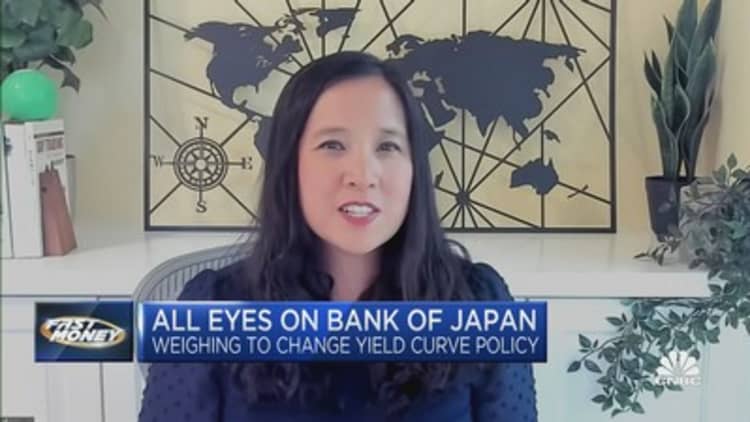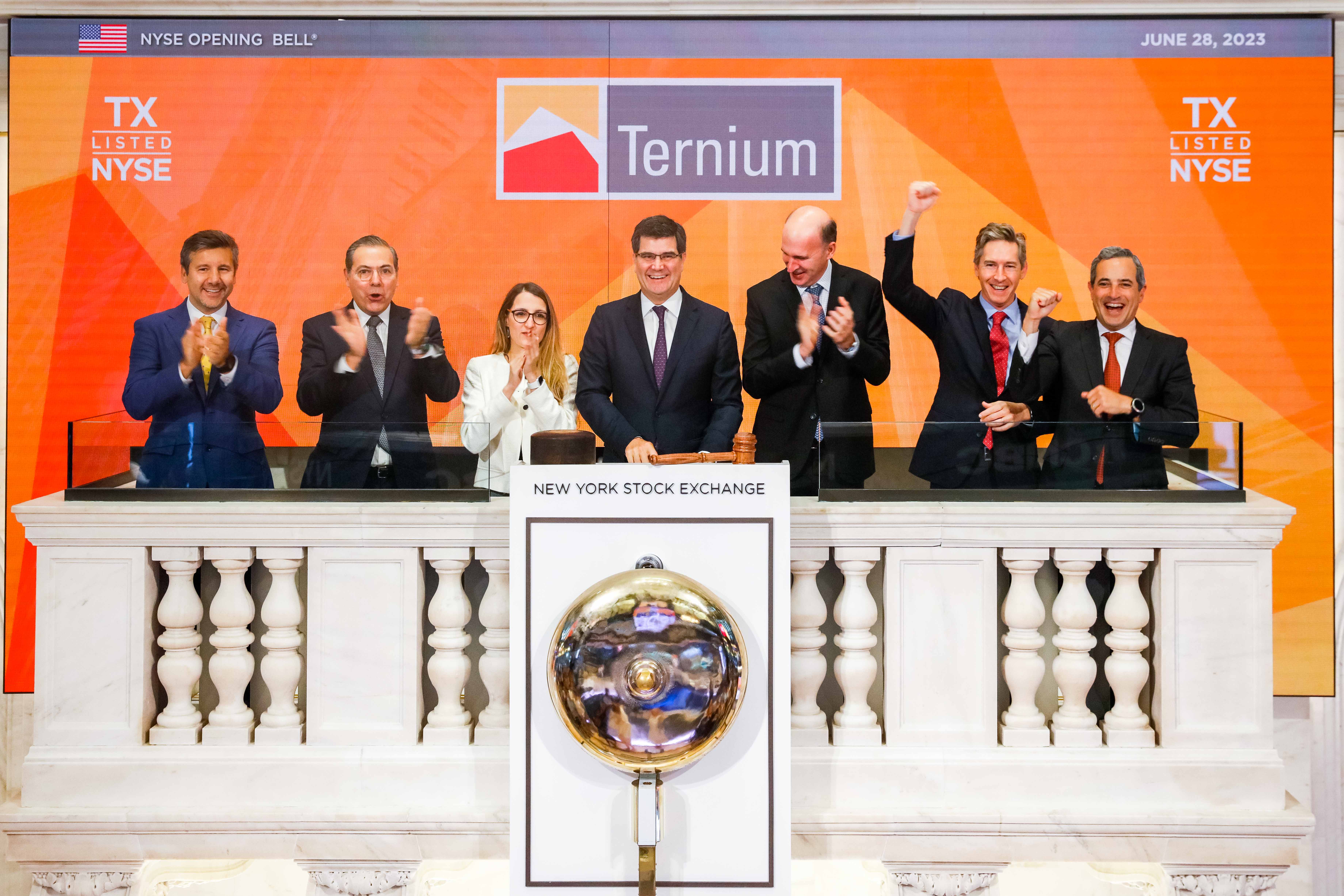

The Japanese yen strengthened and 10-year JGB yield rose after the Bank of Japan said it would allow “greater flexibility” in its target range for 10-year Japanese government bond yields.
Yields for 10-year Japanese government bonds stood at 0.551% on the news, the level since September 2014. The yen was trading at 138.64 against the dollar at 12:35p.m. Hong Kong and Singapore time.
After a two-day policy meeting, the BOJ adjusted its stance on its yield curve control policy, saying it will continue to allow 10-year government bond yields to fluctuate in the range of around plus and minus 0.5%.
The central bank also offered to buy 10-year JGBs at 1% every business day through fixed-rate operations, unless no bids are submitted. The move effectively expands its tolerance by another 50 basis points.
A Nikkei reported earlier said the BOJ will let long-term interest rates rise beyond its cap of 0.5% “by a certain degree” at its monetary policy meeting today.

Under its yield curve control policy, the central bank targets short-term interest rates at -0.1% and the 10-year government bond yield at 0.5% above or below zero.
Japan’s core consumer price index climbed 3.3% year-on-year in June, slightly higher than the 3.2% recorded in May.
With inflation having exceeded the BOJ’s 2% target, concerns are rising that Japan’s relatively low interest rates have made the yen less attractive and vulnerable to selling.
Central banks around the world have raised rates aggressively to rein in on inflation, but Japan has continued to maintain an ultra-loose monetary policy and kept rates low.
On Friday, the Tokyo’s core consumer price index, which excludes volatile fresh food but includes fuel costs, rose 3.0% in July from a year ago. That’s slightly more than the 2.9% expected in a Reuters consensus poll.
— CNBC’s Lim Hui Jie contributed to this report.


